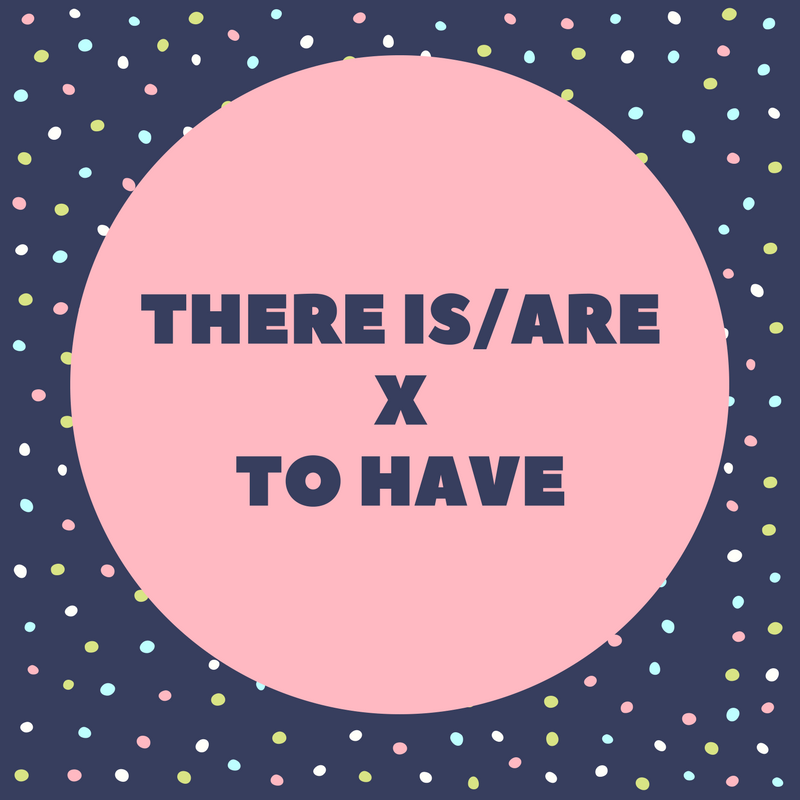As palavras mais usadas para indicar posse,
que algo pertence a alguém, como também, para indicar um certo grau de relação entre as pessoas, chamadas determiners, são:

Elas se assemelham aos pronomes possessivos do português e à forma como os usamos. Ou seja, nas frases, eles precisam que um substantivo venha logo depois. Confira no exemplo e perceba o substantivo na sequência:
- He is my father. (Ele é meu pai.)
- Is this your house? (Essa é sua casa?)
- She does not like her course. (Ela não gosta do seu curso. ou Ela não gosta do curso dela.)
- Our dog ate its food. (Nosso cachorro comeu sua comida. ou Nosso cachorro comeu a comida dele/dela.)
- Do you know his house? (Você conhece a sua casa? ou Você conhece a casa dele?)
- This is their car. (Este é o seu carro. ou Este é o carro deles/delas.)
Eles não são adjetivos (embora as vezes chamados possessive adjectives por antigas gramáticas e dicionários). Practical English Usage/Michael Swan
No seu uso, prestem atenção a quem vocês estão se referindo. Os alunos costumam dizer, por exemplo: My sister is 45 and your son is 18 years old. Então eu lhes respondo: Cuidado! Não é o meu filho, e sim o filho da sua irmã, ou seja, o filho dela, her son!
E ainda:
Eles não flexionam de acordo com o número, ou seja, a mesma forma é usada tanto para o singular quanto para o plural, mesmo que o substantivo da posse esteja no plural.
Ex.: This is my car. These are my cars. (Este é meu carro. Estes são meus carros.)
Os possessivos não fazem concordância de gênero, ou seja, não diferenciam palavras masculinas e femininas.
Ex.: Are those your daughters? Are these your brothers? (Aquelas são suas filhas? Estes são seus irmãos?)
Finalmente, os possessivos não permitem o uso de artigos (the, a, an) antes deles, como acontece no português.
Ex.: The your favorite colors are red and blue. (As suas cores favoritas são vermelho e azul.)
Agora assistam abaixo a good English video about this.
I hope I cleared up “your” doubts! 😉
Baseado em
https://www.infoescola.com/ingles/pronomes-possessivos-possessive-pronouns/




